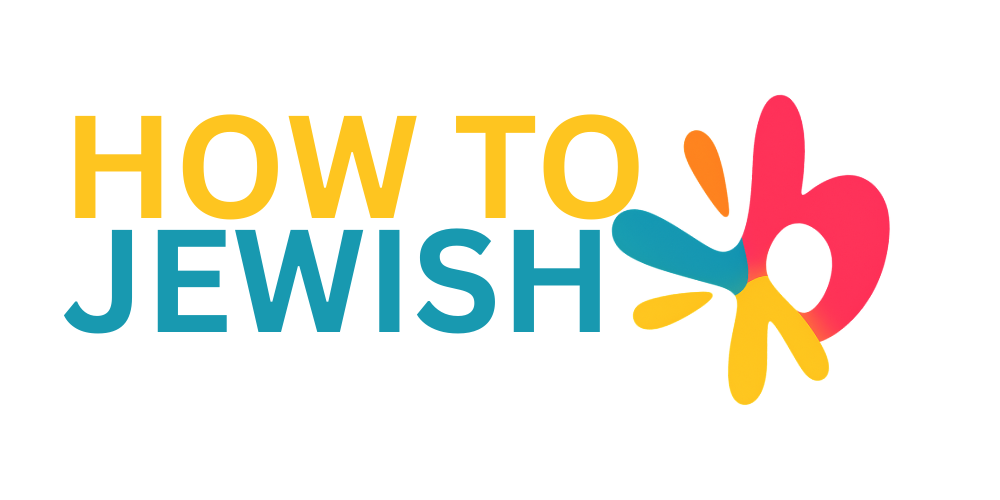“`html
The 39 Melachot: Understanding Prohibited Labors on Shabbat
Shabbat, the holy day of rest in Jewish tradition, is a time to reconnect with family, community, and our spiritual selves. It is guided by specific laws that help us observe this day in a meaningful way. To facilitate a deeper understanding of Shabbat, it is essential to discuss the 39 Melachot, or prohibited labors, which are central to Shabbat observance based on Orthodox halacha. This article will explore what these activities entail, their origins, and how they shape our experience of Shabbat.
What are the 39 Melachot?
The 39 Melachot refer to specific categories of work that were prohibited on Shabbat, derived from the actions performed in constructing the Mishkan (the Tabernacle) in the desert. The Torah mentions, “You shall do no work on it” (Exodus 20:10), and the sages of the Talmud expanded this prohibition into the categories we observe today.
These works are grouped into categories, each of which is reflective of a particular type of labor. The Melachot are deeply rooted in Jewish tradition, emphasizing a dedication to rest and reflection. Below are the 39 Melachot:
- 1. Sowing
- 2. Plowing
- 3. Reaping
- 4. Binding Sheaves
- 5. Threshing
- 6. Winnowing
- 7. Selecting
- 8. Grinding
- 9. Sifting
- 10. Kneading
- 11. Baking
- 12. Shearing
- 13. Washing
- 14. Beating
- 15. Dyeing
- 16. Spinning
- 17. Weaving
- 18. Making two loops
- 19. Sewing two stitches
- 20. Tearing
- 21. Trapping
- 22. Slaughtering
- 23. Flaying
- 24. Salting meat
- 25. Curing hides
- 26. Marking
- 27. Building
- 28. Demolishing
- 29. Kindling a fire
- 30. Extinguishing a fire
- 31. Striking the final hammer blow
- 32. Transporting between private and public domains
- 33. Transporting in public domains
- 34. Writing
- 35. Erasing
- 36. Building
- 37. Taking something from one domain to another
- 38. Bringing something to another domain.
- 39. Creating a new entity (in a manner analogous to work).
The Spiritual Significance of the Melachot
Understanding the Melachot is not just about knowing what activities to avoid. It also serves to highlight the important concepts of rest, reflection, and spirituality on Shabbat. Each labor speaks to a larger idea about creation, creativity, and the need for rejuvenation in our lives.
By refraining from these activities, we allow ourselves to disconnect from the everyday hustle, fostering an environment of peace and introspection. Shabbat becomes a time where we can focus on family, prayer, and learning, thereby enriching our spiritual lives.
Common Exceptions and Considerations
While the Melachot provide a framework for Shabbat observance, there are exceptions and nuances within halacha. For example:
- Pikuach Nefesh: Life-threatening situations take precedence. If someone’s life is in danger, it is permitted to perform any of the Melachot to save them.
- Pets and Animals: Feeding animals on Shabbat is generally allowed, as their welfare is crucial.

No comment yet, add your voice below!